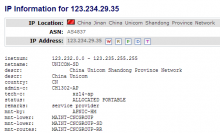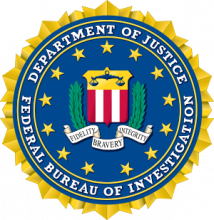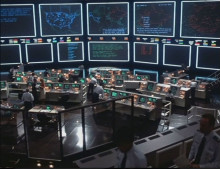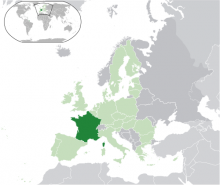DARPA says goodbye to hacker-friendly Cyber Fast Track program
The Department of Defense is pulling the plug on Cyber Fast Track, a program aimed at tapping reformed hackers and other security hotshots to solve cyber-defense problems quickly.
Looking to circumvent the typical onerous, long-term process of funding grants, the US Defense Advanced Research Projects Agency (DARPA) used the program to improve the government’s ability to keep up with fast-moving bad actors on the cybercriminal stage.













































































